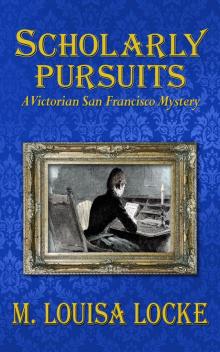 Scholarly Pursuits
Scholarly Pursuits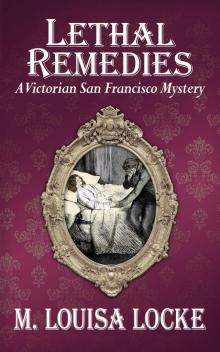 Lethal Remedies
Lethal Remedies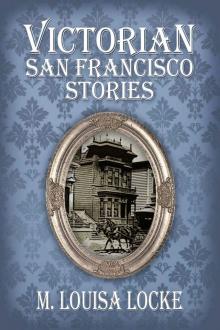 Victorian San Francisco Stories
Victorian San Francisco Stories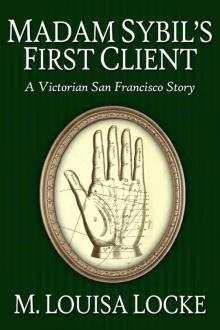 Madam Sibyl's First Client: A Victorian San Francisco Story
Madam Sibyl's First Client: A Victorian San Francisco Story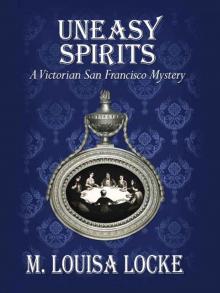 Uneasy Spirits: A Victorian San Francisco Mystery
Uneasy Spirits: A Victorian San Francisco Mystery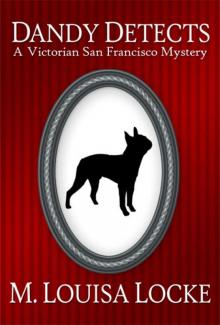 Dandy Detects: A Victorian San Francisco Story
Dandy Detects: A Victorian San Francisco Story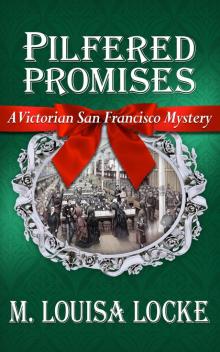 Pilfered Promises
Pilfered Promises Dandy Delivers
Dandy Delivers Kathleen Catches a Killer
Kathleen Catches a Killer Violet Vanquishes a Villain
Violet Vanquishes a Villain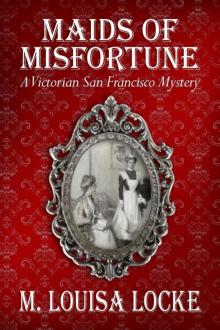 Maids of Misfortune: A Victorian San Francisco Mystery
Maids of Misfortune: A Victorian San Francisco Mystery